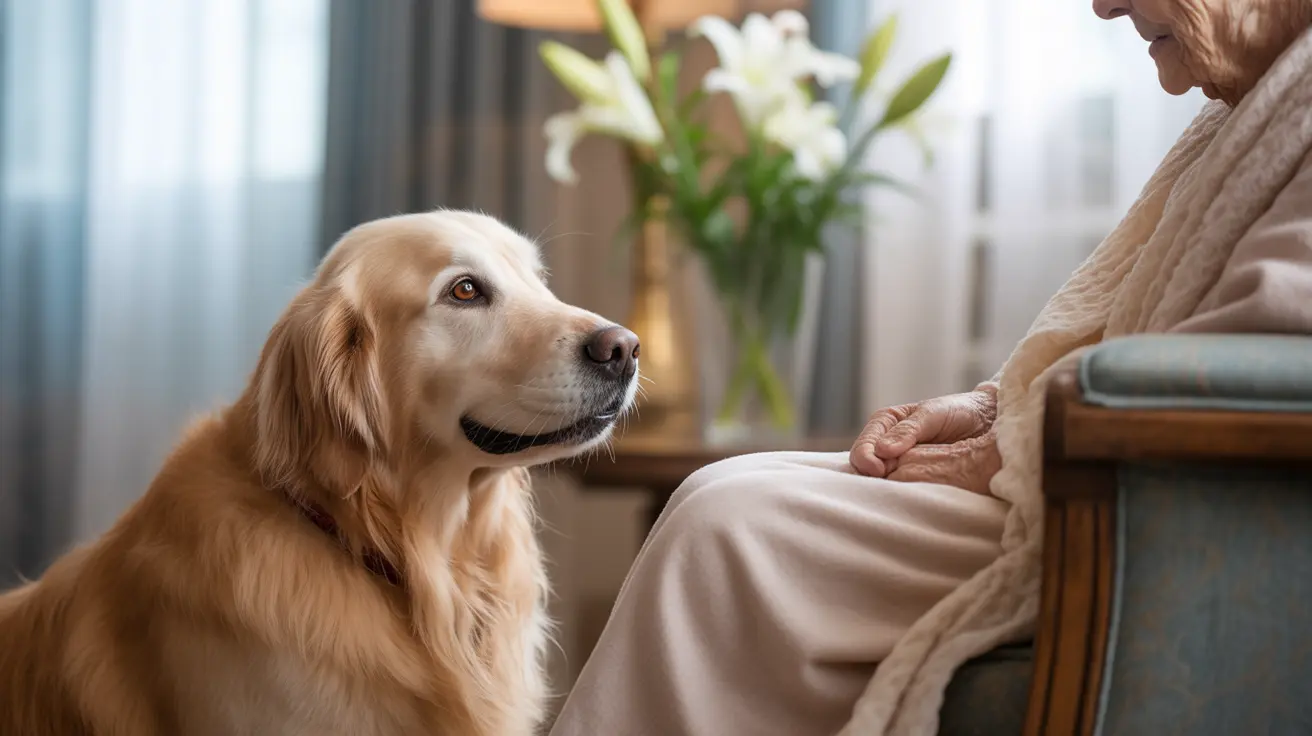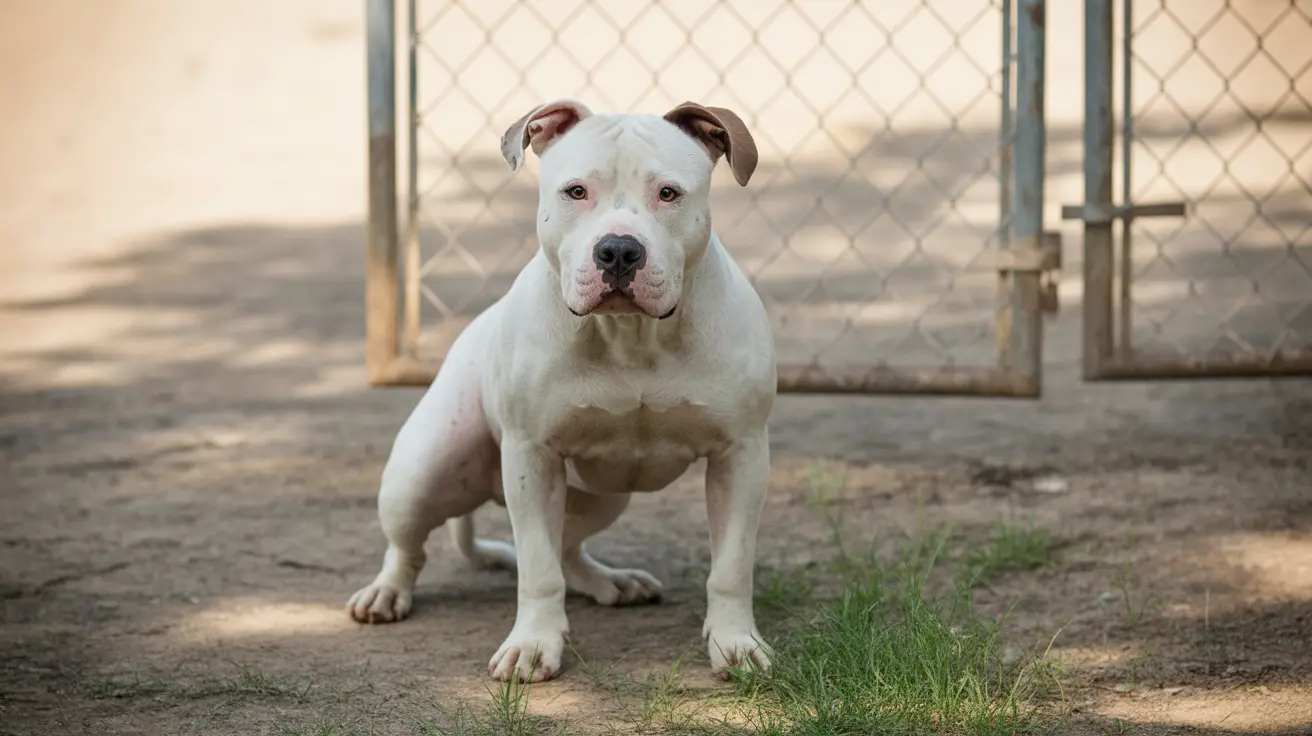Dog Breeds Veterinarians Advise Against Due to Health Concerns
Choosing the right dog breed involves factoring in not just temperament and size, but also the potential for health-related complications. Some breeds, particularly those that have been selectively bred for specific physical traits, are predisposed to a range of medical conditions. Veterinarians often advise prospective dog owners to research thoroughly before selecting certain breeds, especially those with known chronic health problems.
Brachycephalic Breeds: A Known Concern
Brachycephalic breeds are characterized by their short noses and flat faces. This trait, while endearing to many, is linked to a condition known as brachycephalic obstructive airway syndrome (BOAS).
- English Bulldogs: Prone to BOAS, skin fold infections, hip dysplasia, cherry eye, and obesity. Most require cesarean sections to give birth.
- French Bulldogs: Suffer from similar issues including breathing difficulties, eye injuries, allergies, and spinal disorders.
- Pugs: Susceptible to noisy breathing, heat intolerance, skin and eye conditions, and a neurological condition called Pug dog encephalitis.
Large Breeds with Short Lifespans
Some large dog breeds have significantly shorter lifespans and are more prone to life-threatening conditions.
- Great Danes: At risk for bloat, cardiomyopathy, bone cancer, arthritis, and hip dysplasia. Average lifespan is 8 to 10 years.
- Bernese Mountain Dogs: Frequently develop histiocytic sarcoma and joint issues, with an average lifespan of 7 to 10 years.
- Mastiffs: Face risks of bloat, cancer, joint pain, and skin diseases due to their massive size.
Breeds with High Cancer and Heart Risks
Several breeds are significantly predisposed to cancer and cardiovascular issues.
- Boxers: Notably prone to lymphoma, mast cell tumors, and heart diseases such as boxer cardiomyopathy.
- Doberman Pinschers: Suffer from dilated cardiomyopathy, clotting disorders, and kidney issues.
- Rottweilers: High susceptibility to bone cancer, obesity-related issues, and heart disease.
Small Breeds with Genetic Disorders
- Cavalier King Charles Spaniels: Prone to heart valve disease, syringomyelia, and eye disorders.
- Yorkshire Terriers: Commonly affected by kidney disease, liver disorders, and dental problems.
- Dachshunds: High risk for severe back problems such as intervertebral disc disease.
- Chihuahuas: Prone to dental issues, tracheal collapse, and heart disease despite their long lifespan.
Breeds with Multiple Health Predispositions
- German Shepherds: Frequently found with hip dysplasia, degenerative myelopathy, and heart conditions.
- Shar-Peis: Risks include skin infections, Shar Pei fever, and eyelid malformations like entropion.
- Miniature Schnauzers: In later years, pancreatitis, diabetes, and kidney issues are common.
- Labrador Retrievers: Generally healthy but can suffer from obesity, arthritis, and heart issues.
- Bichon Frises: Higher risk for diabetes, kidney disease, and eye disorders such as cataracts.
- Poodles (all sizes): Prone to hormonal disorders like Addison’s and Cushing’s disease, as well as epilepsy and orthopedic issues.
What Vets Recommend
While no breed is entirely free of health risks, veterinarians urge potential dog owners to:
- Research breed-specific health concerns
- Seek out reputable breeders who conduct genetic health screenings
- Maintain a healthy weight and regular exercise routine for pets
- Ensure routine veterinary care and vaccinations
- Invest in dental hygiene and grooming, especially for breeds with specific needs
Conclusion: Many breeds popular for their appearance or temperament may face higher health risks due to genetic predispositions. However, informed pet owners can significantly improve their pets' quality of life. Choosing a dog should involve balancing personality, lifestyle fit, and long-term health projections. With proactive veterinary care and responsible breeding practices, even high-risk breeds can enjoy happy, healthy lives.





